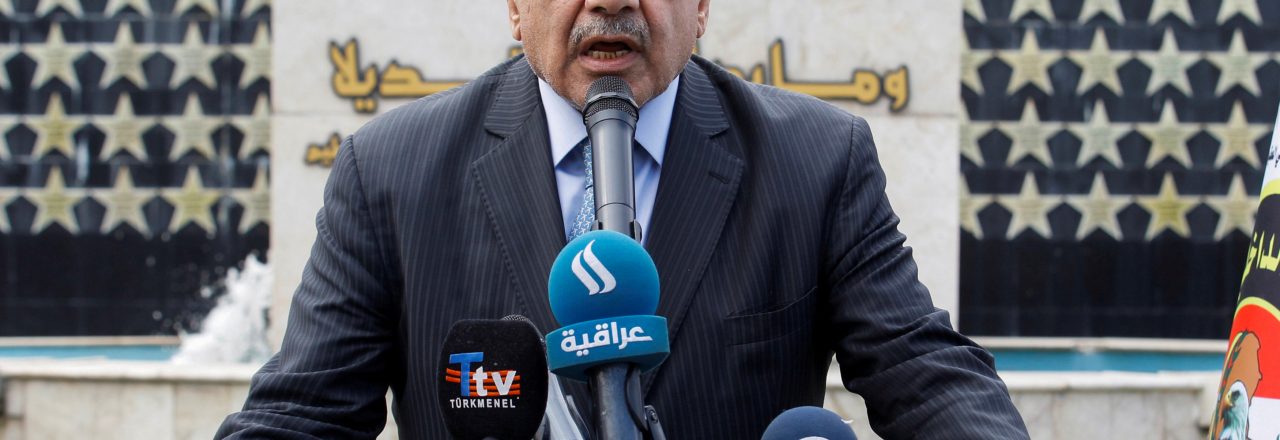
Iraqi Prime Minister Abdul Mahdi resigns
The Iraqi Parliament approved on 1 December the resignation of Prime Minister Adel Abdul Mahdi, who has been in office for one year. Mohamed al-Halbousi, speaker of Parliament, will ask President Barham Salih to name a new Prime Minister. The decision comes after two months of protests which have costed the lives of over 420 people and was precipitated after Ali Sistani, the country’s top Shia cleric, called for the government’s resignation. The influential Shia cleric Muqtada al-Sadr, who leads Saairun, the largest bloc in the Parliament with 54 MPs, has rejected to present any candidate for the position of Prime Minister, which is the procedure established by Iraqi law. Sadr has asked protestors for a candidate and has warned the rest of political parties to refrain from proposing their own candidates. Violence has been escalating in the country and on 29 November protesters set fire to the Iranian consulate in Najaf. The staff escaped unharmed but the live ammunition shot by security forces resulted in one person dead and 35 injured. On 1 December, an Iraqi court sentenced a police officer to death, convicted of killing protesters. In her last speech as HR/VP in the European Parliament on 27 November, Federica Mogherini asked for dialogue and addressing the protestors’ concerns. She added that, as Europeans “we will continue to be on their side, and to accompany Iraq on its path towards a stronger, more inclusive and fairer democracy”.
- The Euromed news are edited by the team of the Euro-Mediterranean Policies Department of the European Institute of the Mediterranean -


